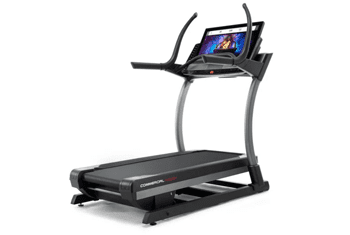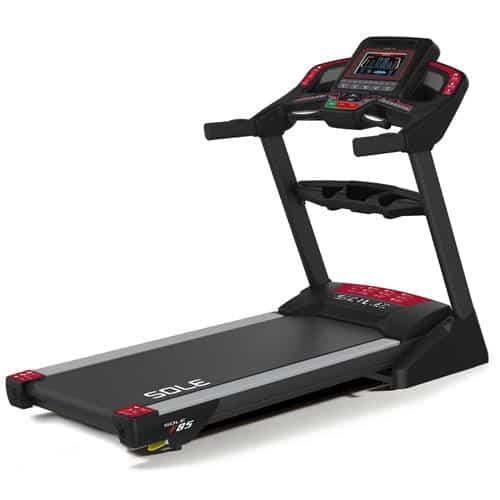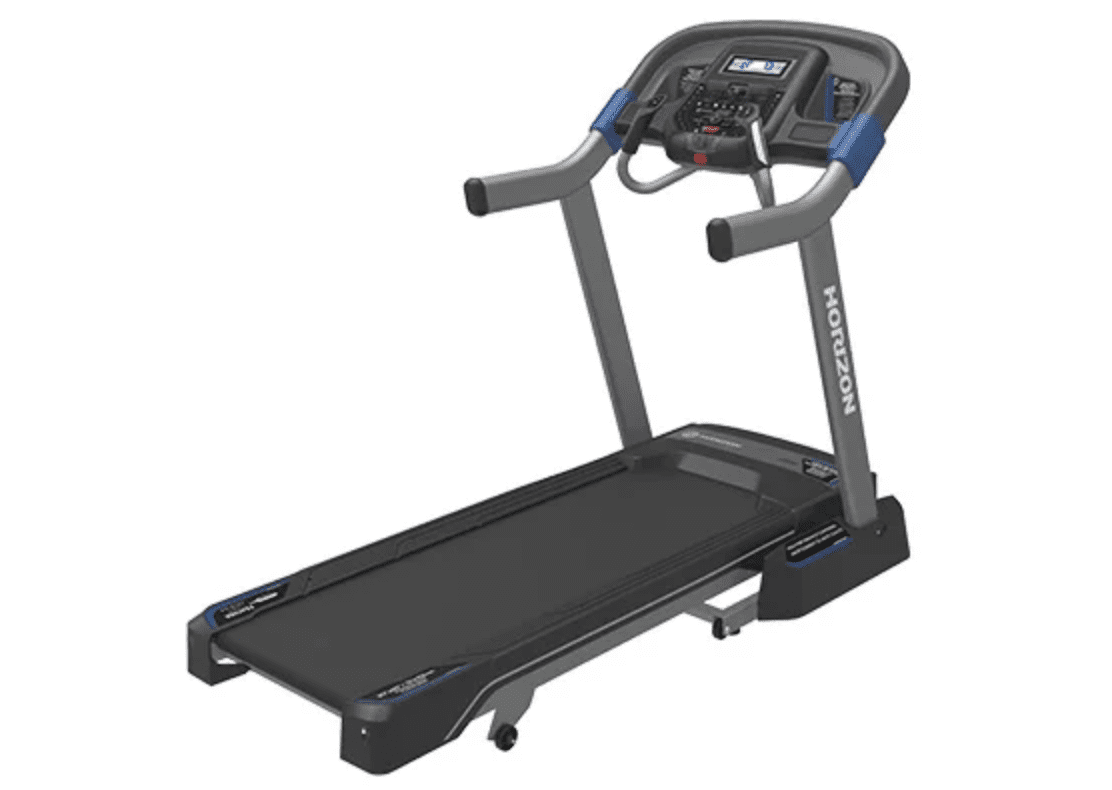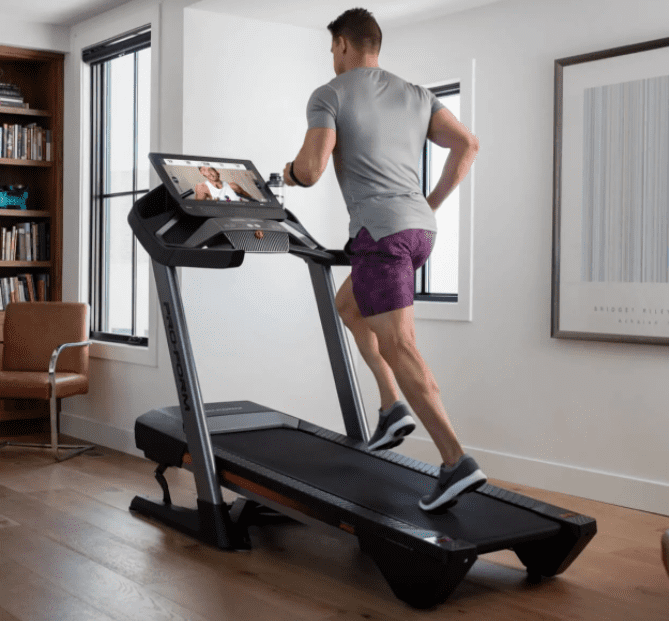Table of Contents
The Link Between Exercise & Memory
Physical fitness is important but how often do you think about your mental health? And we’re not talking about your emotions and stress levels (although these are both very important to manage.) We’re talking about your mental ability to think, reason, and remember.
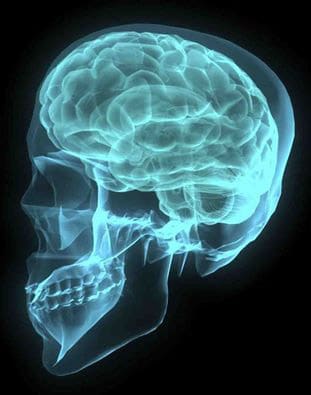
New information is has shown that in addition to physical benefits, plenty of exercise can also reap some pretty major mental benefits too… especially when it comes to your oh-so-important memory.
How Exercise Helps Your Brain
First and foremost, let’s remember that your brain functions much like a muscle: it responds to being used. So your brain needs regular “work outs” just like the rest of your body.
A study performed at The University of Maryland looked into how exercise affects your brain and found some amazing results. The study measured the brain activity of healthy individuals between the ages of 55 and 85. They were asked to perform a memory test which involved naming famous and non-famous people by looking at their pictures.
The act of remembering the names of the people activated the neural networks that control memory, a part of the brain that we see deteriorate over time.
Each individual performed the test on a day they didn’t exercise, and then again on a separate day after doing a moderate intensity workout on an exercise bike.
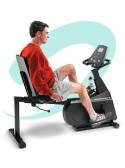
Researchers saw a significant increase in the ability to remember names on the days when participants had exercised. There was increased brain activity in four different cortical regions of the brain and in the hippocampus, which is very important for long-term memory and emotions.
“Just like a muscle adapts to repeated use, single sessions of exercise may flex cognitive neural networks in ways that promote adaptations over time and lend to increased integrity and function and allow more efficient access to memories,” says Dr. J. Carson Smith, associate professor of kinesiology and the study’s lead author.
More importantly, the study shows that even just one exercise session increased activation of the hippocampus. This part of the brain naturally shrinks with age and is the first part of the brain to be attacked by Alzheimer’s.
This means exercising helps you bulk up your memory and fight the symptoms of an aging mind.
Exercise Benefits From Head to Toe
The results of this study reinforce what we already know, exercising as you age is beneficial for your body… from top to bottom!
Don’t believe us? Let’s work our way down the body and check out how exercise helps every step of the way.
Brain – Not only does exercise help with memory, it also releases endorphins in the brain that make you happy and fight off depression.
Plus, exercise helps you focus so you can flex that brain muscle more efficiently and effectively.
Heart & Arteries – High blood pressure, also known as “the silent killer” is a condition that affects an incredibly wide-spread amount of the population. When you have high blood pressure, your heart and circulatory system are working overtime, putting you at risk of cardiac arrest and heart failure.

Exercise can not only help keep you from developing high blood pressure, but it can also help fight it even if you already have it.
Heart and Blood Vessels – There is some overlap here in the heart department, but high cholesterol and obesity affect so much of your body. Weight gain and obesity lead to higher bad cholesterol in your body, which puts a ton of strain on your heart and blood vessels. And we know what happens when your heart is having to put in overtime. In this case, heart attack and stroke.
Exercise helps to fight weight gain and high cholesterol, keeping you healthier as you get older.
Weight Loss – Obviously exercise is good for weight loss, but there are more effective ways to go about it. Intermittent fasting is a tactic that can help you lose weight by burning fat more efficiently, increase your energy and prevent premature aging.
Back and Hip Pain – As we get older, hip and back pain become a reality that many of us feel we can’t avoid. But that doesn’t have to be the case. In fact, exercise can actually help these things feel better.
Now, we know what you’re thinking, exercising when things hurt isn’t how this is supposed to work. Just remember, if you’re doing the right type of exercise, you can relieve pain and build support muscles to help stop pain in its tracks.
How Much Exercise Do You Need?
Throughout this article we’ve talked about a single session of exercise and exercising in general, but that doesn’t really help you create a plan.
Thanks to new recommendations released by the United States Department of Health and Human Services, you can now get the benefits of exercise in less time.
After compiling years’ worth of data from a massive study, these new recommendations tell us that we should be getting 150 minutes of moderate exercise of 75 minutes of vigorous activity per week.
Another plus to be found in these new recommendations is that even short intervals of exercise count. Little things like taking the stairs or taking a five minute walk around the block make a difference.
So don’t worry, you don’t need to be toiling away at the gym in order to see health benefits, you just have to be moving.
Age Can’t Hold You Back
The benefits that we’re talking about are all things that focus on keeping you healthy as you get older. But so many of us find it harder to exercise as we get older due the same effects you’re wanting to fight. It’s a catch-22 and a lot of it may be in your head.

Age really is just a number and if you’re moving, no matter how fast, you’re helping yourself. Plus the more you move, the easier it will be.
Wake up every morning knowing a little exercise can go a long way to helping your body and mind stay sharp as you celebrate many birthdays to come.
Sources:
Exercise activates memory neural networks in older adults: Study shows acute exercise has the ability to impact brain regions important to memory. University of Maryland; 2019

